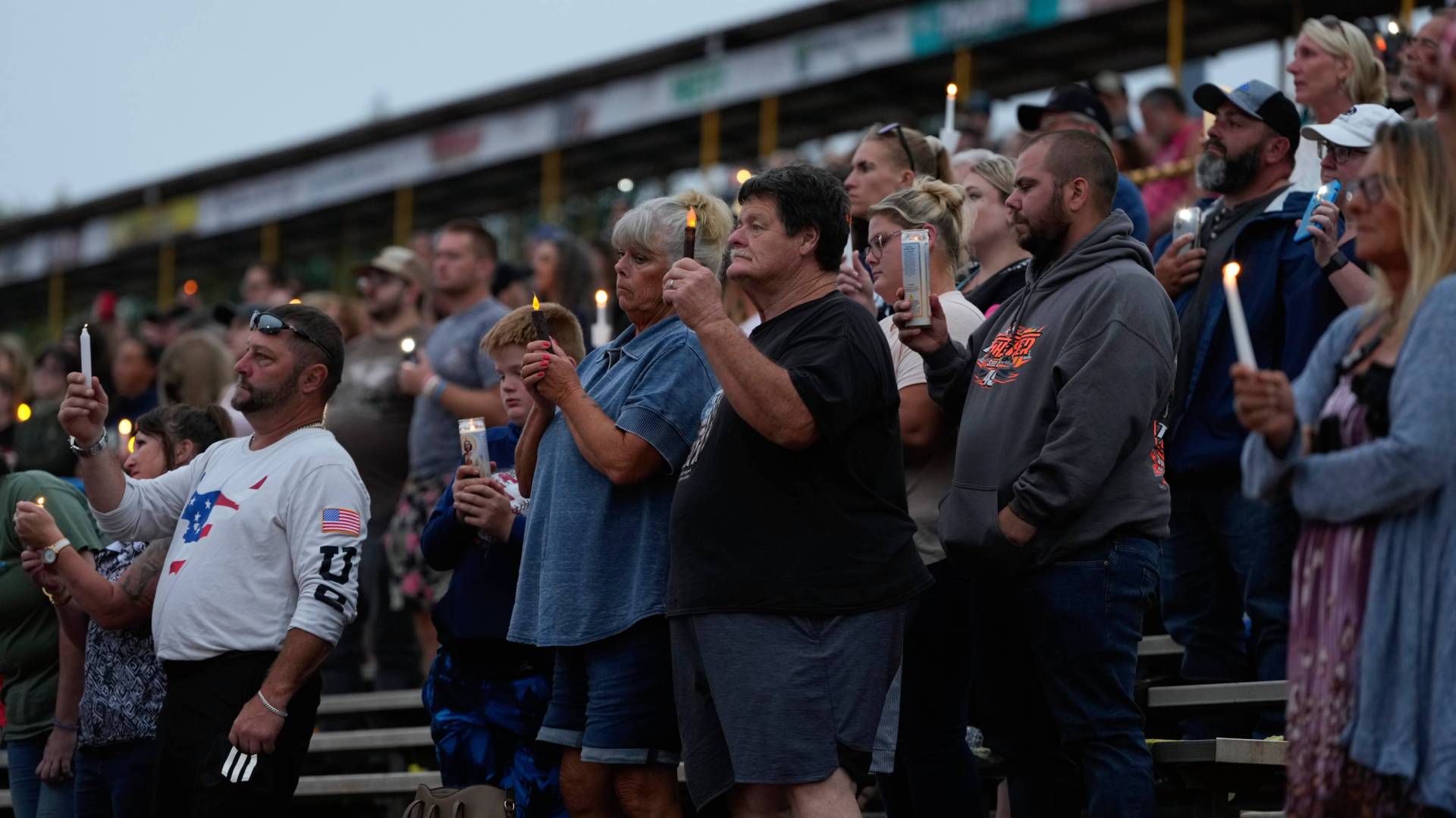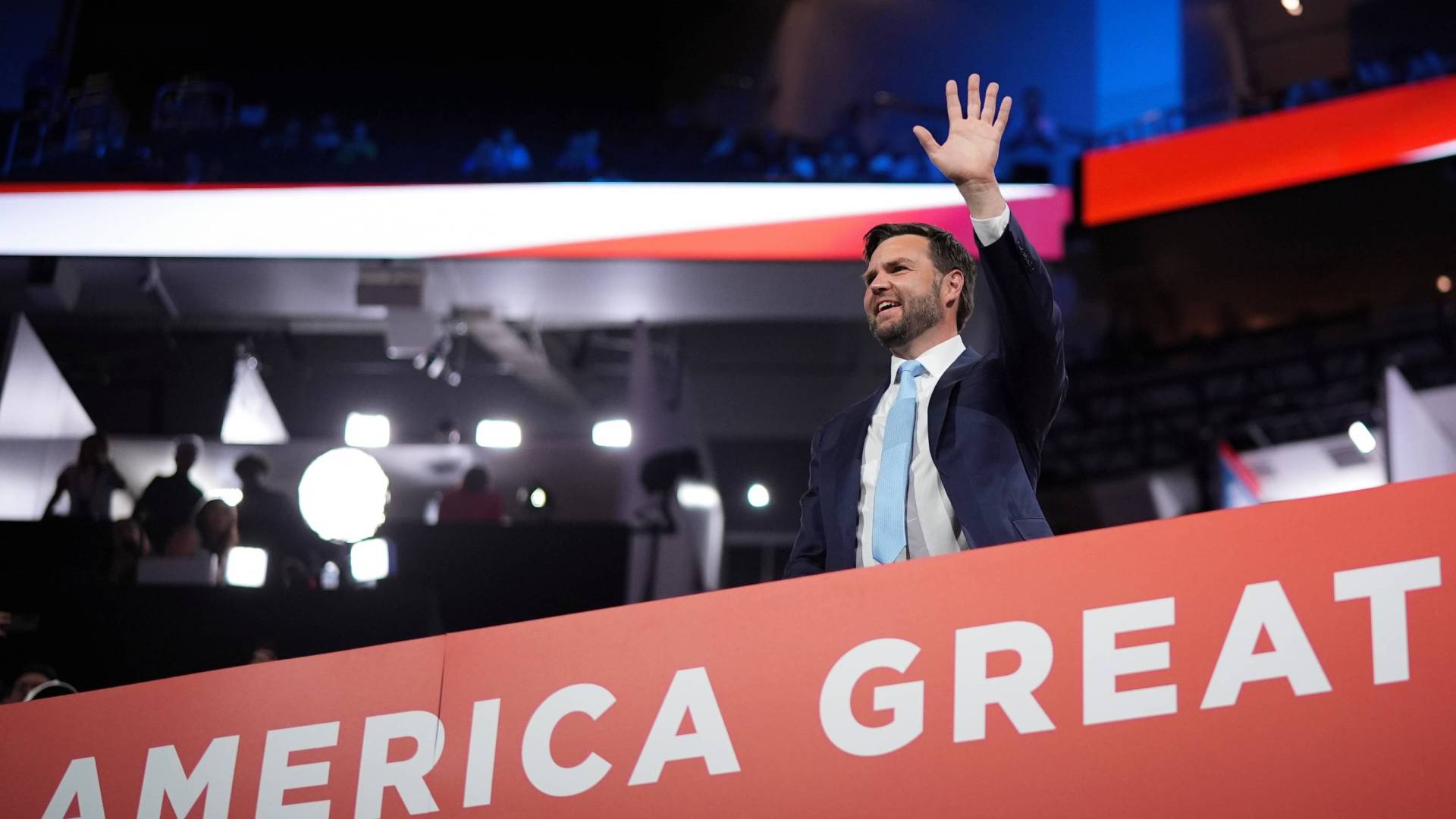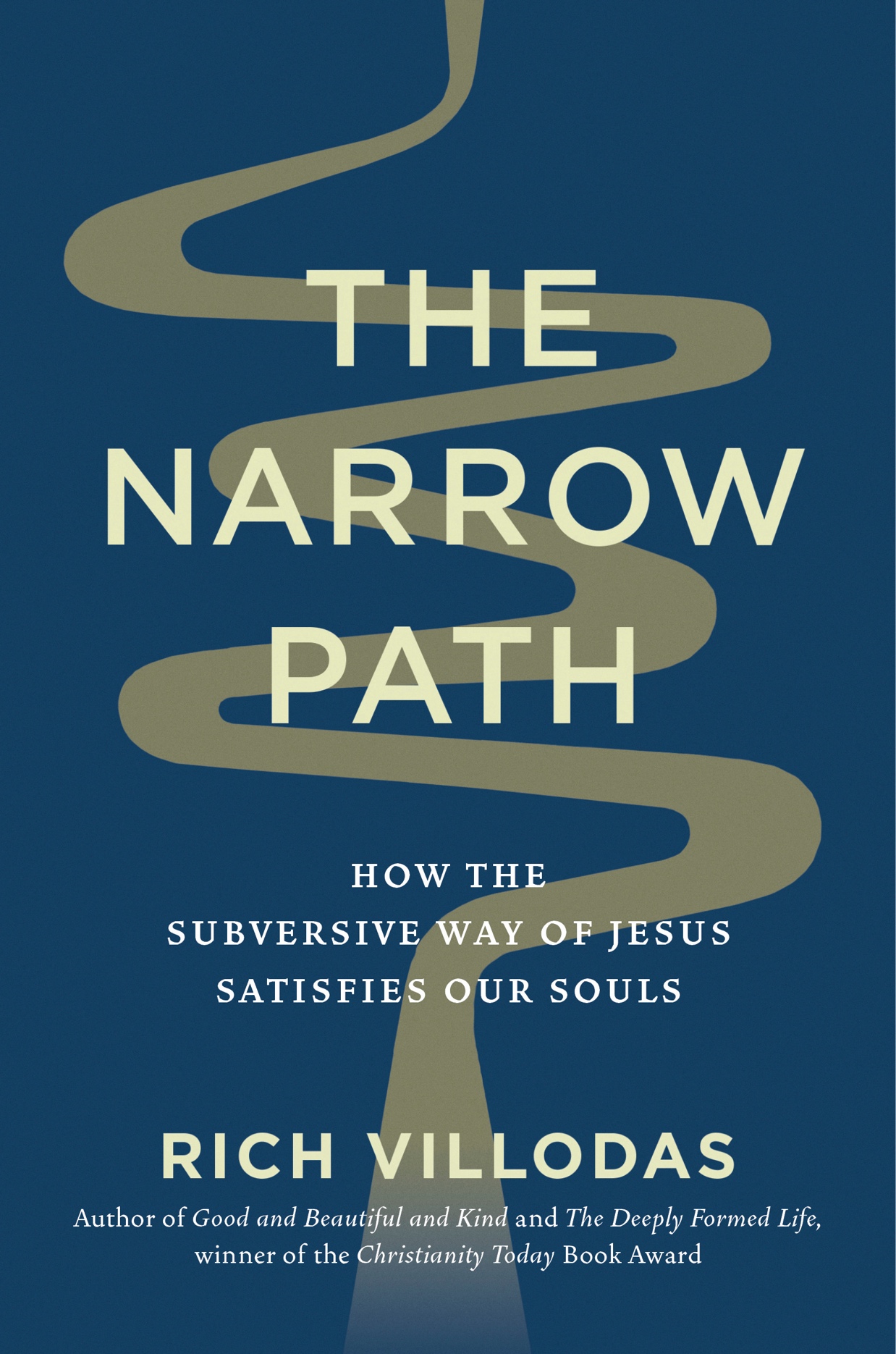Corey Comperatore loved reading Romans.
His pastor at Cabot Methodist Church, Jonathan Fehl, recalled how much Comperatore drew strength from the book. It was the first thing he’d recommend to new believers.
But it may be that Comperatore is remembered by another portion of Scripture, John 15:13: “Greater love has no one than this: to lay down one’s life for one’s friends.”
Comperatore was the kind of church member who showed up every Sunday, took part in small groups, became a member of the congregation’s board of trustees, and helped with building projects. He was an Army veteran, volunteer firefighter, and proud “girl dad”—a guy who did everything with “a heart of service to the Lord,” Fehl wrote.
His final act of love and sacrifice came on Saturday, when he yelled, “Get down!” before diving in front of his wife and daughters to protect them from a bullet intended for former president Donald Trump.
The 50-year-old died on the scene from a gunshot wound to the head.
Comperatore was thrust into national news, the single fatality of a shooting that has left his community in Western Pennsylvania in grief, shock, and trauma.
“There’s just a lot of sadness,” Brandon Lenhart, senior pastor at North Main Street Church of God in Butler, told CT. “That somebody lost their life in the event, that that happened in the small town of Butler. It’s not a way we wanted to be put on the map, quite frankly.”
His church is on the other side of town from the Butler Farm Show, where Trump’s rally was held. It’s a conservative area—“you see pro-Trump signs everywhere,” Lenhart said—and people drove in from surrounding towns to cheer on the Republican candidate.
Comperatore and his family came from Sarver, just 16 miles southwest of the Farm Show. It’s small, with a population of 8,486, and was once just a tiny milling village. Its Wikipedia page lists only two notable figures: a pageant winner, and now, Comperatore.
The drive from Butler and Sarver winds through hilly farmland, a patchwork of corn, soy, and wheat fields, pastures filled with grazing livestock, and hay bales dotting the horizon. Many of its residents find work at nearby manufacturing facilities. Comperatore had been an engineer at a plastics plant.
At the Lernerville Speedway in Sarver, hundreds gathered on Wednesday for a vigil in remembrance of their friend and neighbor. Many were dressed in red, white, and blue. They sat on slippery bleachers around the racetrack, wet from an afternoon downpour, to hear pastors, friends, and firefighters pay tribute to “one of the best men” they knew.
Members of Sonrise Community Church, another congregation in Sarver, offered prayers and sang before the crowd of 300. They repeatedly referenced Corey’s “greater love” and how he was willing to lay down his life for others. As his daughter Allyson wrote in tribute, “He truly loved us enough to take a real bullet for us.”
“You’ve heard about who [Corey] is. … We’ve also heard the most important part, about whose he is,” said Fehl, Comperatore’s pastor. “He knew that he belonged to Jesus Christ. That’s the reason he lived a life of service the way he did. He was a witness to the grace of God at work in his life.”
The crowd bowed their heads for the Lord’s Prayer and then lifted glowing candles and iPhone flashlights while MercyMe’s “I Can Only Imagine” played over the speaker.
One attendee, Bonnie Waldenville, came to the vigil because her husband graduated from high school with Comperatore. “It really hurts here,” Waldenville pointed to her heart, “for his wife.”
Adam Salinas, a local chaplain and pastor in the Pittsburgh area, came to offer support. He has prayed several times with the staff of local nursing homes in the wake of the rally. “It has been very sad for our whole community,” he said.
A private funeral will be held for Comperatore on Friday at Cabot Church, followed by a procession of fire trucks.
At every church in the area, you find people who knew Comperatore, who were at the rally themselves, or who are still feeling the ache of the shooting and the scare of what could have been.
“Jesus, we are at a different place than we were 24 hours ago,” David Janz, pastor of Butler First Church, a Methodist congregation, prayed on the Sunday morning after the rally. “Violence is all around us, but it seems to have come home a lot more strong and evident because of what happened last night.”
He prayed for Trump, the Comperatore family, and the two other individuals, David Dutch and James Copenhaver, who had suffered injuries during the shooting. He also prayed for the family of the shooter.
“We pray for them. We pray for our community. It doesn’t feel as safe as it used to,” he said. “Help us, Lord, to take these moments to fix our eyes again on Jesus.”
When Lenhart and his wife, Saralee, who is worship pastor at North Main Street Church, heard about the shooting, they were having a rare date at an Italian restaurant in neighboring Zelienople. They knew members of their congregation had been at the rally.
But getting back to the flock wasn’t so easy. The area had morphed into a crime scene: Choppers scouted the air and law enforcement shuttered roads near the rally location and the hospital where they’d taken Trump. “It turned a 15-, 20-minute drive into a 45-minute drive to take all the alternate routes back into town,” Lenhart said. “It was a bit surreal.”
They made it to a house around a mile from the Butler Farm Show grounds.
One of their congregants had fled there with around 20 other rally goers who couldn’t make it home. She’d gotten a VIP ticket and had been in the stands behind Trump. Less than ten feet away, one row behind her and down the bench a little, had sat the Comperatores.
“Bullets were coming through that section of the stands. She’s pretty traumatized by what she saw,” said Lenhart, who prayed and spoke with them, also suggesting further resources of counseling and therapy.
The next day, he addressed his congregation before worship.
“It’s a traumatic event,” he told them. “So what do we do with all of this? We don’t react. We become proactive. And you know what the believer in Christ does when there’s a crisis? Can I show you?”
Lenhart dropped to his knees and clasped his hands in a posture of prayer. The church applauded.
“I wanted to make sure people understood our response is not social media, our response is not vitriol, picketing, protesting,” he said in an interview with CT. “As believers in Christ, our first response is always to seek the Lord.”
Nearby churches are rallying to help the community process and heal. On Saturday, North Main Street Church is hosting a free crisis response event with the Christian counseling agency it shares offices with. Christian Counseling Associates will speak to attendees about the shooting and the fallout, then break into small groups for discussion.
Last weekend, Lenhart had stayed up wondering whether to scrap his sermon. Instead, he shared some reflections and quoted from Ecclesiastes and the book that happened to be Comperatore’s favorite, Romans.
“Regardless of what side of the aisle you sit on, violence is never warranted. And I think we can agree, hopefully as the body of Christ, that this is not only an abhorrent thing that happened in our local community, it’s something that, as believers in Christ, we should never celebrate on one side or the other,” he said. “We are told in Romans chapter 12 that we are not to overcome evil with more evil, but to overcome evil with good.”











































